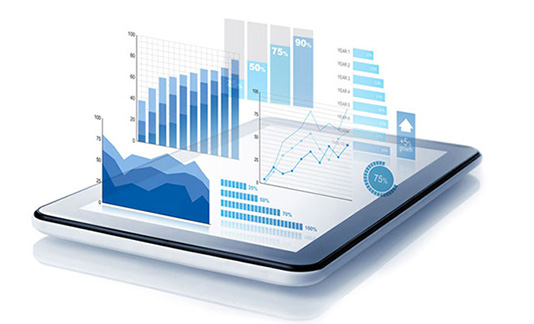Machine learning (ML) algorithms allows computers to define and apply rules which were not described explicitly with the developer.
There are lots of articles focused on machine learning algorithms. This is an effort to make a “helicopter view” description of methods these algorithms are applied to different business areas. A list is not a complete listing of course.
The initial point is the fact that ML algorithms can assist people by helping them to find patterns or dependencies, which are not visible by way of a human.
Numeric forecasting seems to be essentially the most recognized area here. For a long time computers were actively useful for predicting the behavior of economic markets. Most models were developed before the 1980s, when real estate markets got access to sufficient computational power. Later these technologies spread with industries. Since computing power is reasonable now, quite a few by even small companies for those types of forecasting, including traffic (people, cars, users), sales forecasting plus more.

Anomaly detection algorithms help people scan a lot of data and identify which cases must be checked as anomalies. In finance they’re able to identify fraudulent transactions. In infrastructure monitoring they’ve created it very easy to identify troubles before they affect business. It really is used in manufacturing qc.
The main idea is that you ought not describe each kind of anomaly. You give a large set of different known cases (a learning set) somewhere and system put it on for anomaly identifying.
Object clustering algorithms allows to group big volume of data using great deal of meaningful criteria. A guy can’t operate efficiently with more than few a huge selection of object with many different parameters. Machine can do clustering better, as an example, for purchasers / leads qualification, product lists segmentation, customer care cases classification etc.
Recommendations / preferences / behavior prediction algorithms provides for us possiblity to become more efficient reaching customers or users through providing them exactly what they need, even though they haven’t yet thought about it before. Recommendation systems works really bad generally in most of services now, however sector will likely be improved rapidly quickly.
The 2nd point is machine learning algorithms can replace people. System makes analysis of people’s actions, build rules basing about this information (i.e. learn from people) and apply this rules acting as opposed to people.
First of all this can be about all sorts of standard decisions making. There are many of activities which require for traditional actions in standard situations. People have “standard decisions” and escalate cases which aren’t standard. There aren’t any reasons, why machines can’t accomplish that: documents processing, phone calls, bookkeeping, first line customer support etc.
More information about freelancing please visit site: click here.


